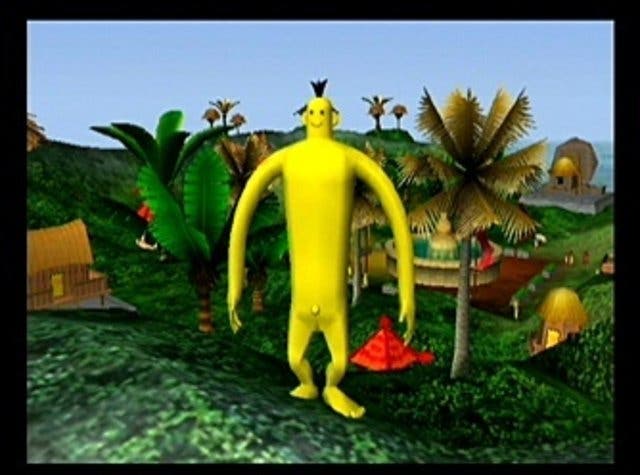Saturday Soapbox: Tempus Fugitives
What does 'retro' even mean these days?
Gaming never had that continuity. Our hobby is relentless in its forward vision, and we mark the years by the passing of old technology. The Atari 2600, the NES, the Amiga, the original PlayStation, the Dreamcast - all rings in the tree stump of gaming. Obsolescence is built into the DNA of games, and it's coloured our perception of their worth as creative works.
Is that healthy? I don't think so.
There have been some well-meaning attempts to balance out this desire to toss aside the old and obsess over the new. There are lots of video game museums, but even that carries with it the stigma of decay. These are old things, it says. Artefacts of a bygone age. As always, it views the game as a technology, not as a creative work.
This in turn leads us to devalue them. From pirates downloading cracked copies of the latest PC games to console owners grumbling about DLC and subscription charges, we gamers can have a gross sense of entitlement at the best of times, always looking for a way to argue that something should be ours for free.

Nowhere is this more damaging than where retro is concerned. When Nintendo added the Commodore 64 to its Virtual Console, I was overjoyed. Admittedly the pricing structure leaves a lot to be desired, but it still saddened me to see people quibbling over whether Uridium was worth a couple of quid, or whether it should be bundled with a dozen other titles for a few pence. Are we really so spoiled that we'll begrudge a genuine classic its second lease of life and grumble at tossing a few coins in the hat for a legendary coder like Andrew Braybrook?
We need to embrace our gaming heritage, not lock it off in vaults. This isn't an attack on the retro community, which I very much consider myself a part of - but as the sole and voluntary custodians of gaming's past, we have adopted some unfortunate beliefs over the years.

The emulation scene is rooted in honest passion, but it's also seeded the notion that once a game passes a certain ill-defined age, it belongs to the world, free to be ripped and uploaded for all to play. That attitude rescued a lot of classics from oblivion, and it's understandable that those who poured unpaid hours into keeping the light flickering in the darker corners of the gaming archives will feel some umbrage at having those titles snatched away from their unsolicited care and thrust back into the ugly, crass marketplace of 2011.
It's personal. The games we love don't just inspire passion because of their technical merits, but because they're a conduit back to the people we were when we first played them. We imagine a sliver of our own youthful DNA in their code, and feel grubby when it's repackaged and sold like some gaudy trinket. Don't they know that Shockway Rider is special?
We need to untangle our relationship with old games. Appreciate the art while accepting the commerce, love the content without getting hung up on the context. That's why I'm happy to see old games brought back to the marketplace in compilations and official emulations.
Games were made to be played, but they were also made to be sold. By blindly insisting that games become less valuable with each passing year, we demote them to functional status, like a washing machine or toaster. They deserve better.
